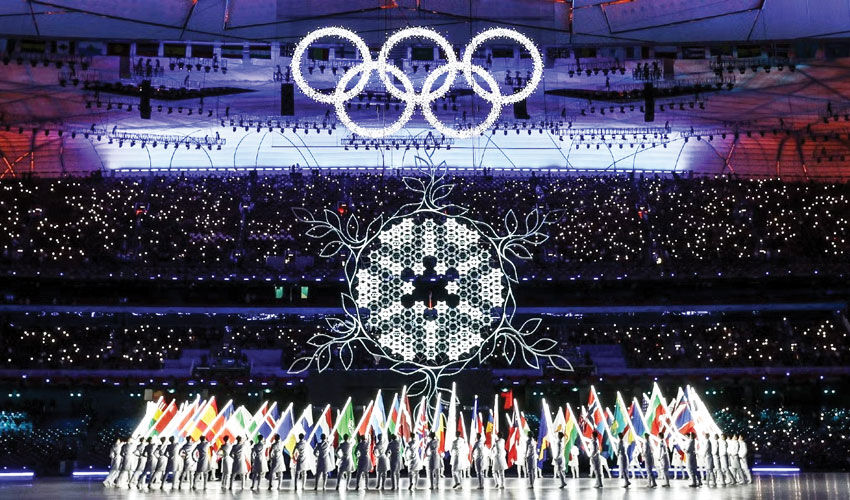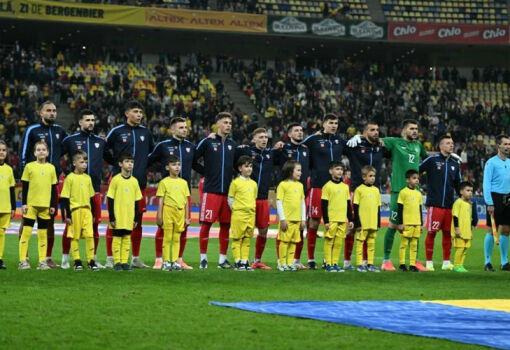
The 2026 Winter Olympics in Italy could be the last in the traditional sense
To discuss the possibility of including some summer sports in the program of the Winter Olympics on the initiative of IOC President Kirsty Coventry, a special working group has been set up, including the president of the International Federation of Athletics (World Athletics), Sebastian Coe, who in the spring fought for the post of IOC president. The British sports official has been very active in favor of postponing a number of summer sports to winter, and even included this point in his own manifesto during the election campaign.
One of the main reasons for the possible postponement of a number of sports is called climate change, which, in particular, is confirmed by the results of a study conducted by the IOC several years ago. The organization concluded that by 2040, only 10 countries in the world will be able to host the Winter Olympics. Thus, boxing, weightlifting, many game sports (basketball, volleyball, tennis, badminton, table tennis), cyclocross and track and field cross, which was excluded from the Olympic Games program 100 years ago and whose return is lobbied by Coe.
The imbalance between the Summer and Winter Olympics programs is also one of the reasons for this initiative. The Summer Games are clearly favored, as can be seen by the number of participants. In the 2022 Winter Olympics in Beijing, China, more than 2,800 athletes competed for 109 sets of medals. Two years later, the Summer Olympics in Paris (France) hosted more than three times as many participants – 10,714 athletes competing for 329 sets of medals. According to IOC officials, the “transfer” of some disciplines to the Winter Games will help balance the Games’ programs not only in terms of popularity, but also in financial terms.
The IOC is interested in expanding its geography, so it is a matter of time to change the Olympic Charter, which states that “winter sports can be held only on snow or ice”. The vast majority of sports included in the White Olympics program can be held indoors, which means that, theoretically, countries in Africa, South America, as well as a significantly increased number of applicants from Asia will be able to host the competitions.
Skiing, biathlon, alpine skiing and ski jumping require highly developed infrastructure and special terrain conditions, which few countries have. Accordingly, tournaments in those sports that the host country cannot host will be moved to other countries. The same bobsleigh, luge and skeleton require special ice tracks, which many countries need only for the Winter Games and lose profitability after they are over.
The first traditionally summer sport is already known, the issue of including it in the Winter Olympics program is ready to be discussed by IOC officials. This is cyclocross, which, however, is not among the sports represented at the Summer Games. “The working group will assess whether it is feasible. Yes, we know that the French side is interested in including this sport in its program (the French Alps will host the Winter Olympics in 2030 – ed.), so we are negotiating with them. But first of all, we need to know the opinion of the working group,” said IOC Sports Director Pierre Ducret.
It is interesting that summer sports have never before been included in the program of the Winter Olympics. There was a reverse “migration”: ice hockey in 1920, figure skating in 1908 and 1920 were officially summer sports, as the first Winter Olympics were held only in 1924. There have been no more such precedents in the history of the Olympic movement, but 100 years later, the rotation of sports may acquire new, much larger scales.
The IOC has to adapt to the current realities, otherwise the pessimistic scenario, which assumes that the Winter Olympics will be discontinued by 2050, will have the right to live.



